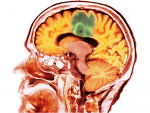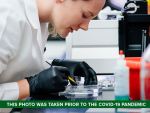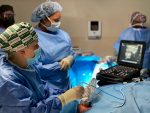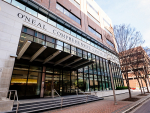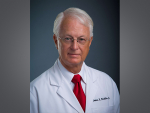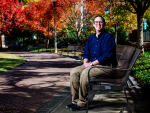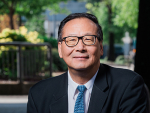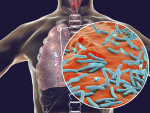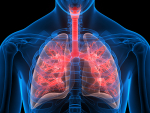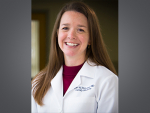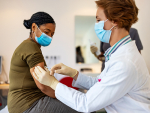Displaying items by tag: school of medicine
At UAB, the company IN8bio Inc. is running a Phase I clinical trial to treat glioblastoma multiforme, the most aggressive type of cancer that originates in the brain.
The PPMI study is looking for biomarkers for Parkinson’s disease, which would help identify those at risk and track the progression of the disease.
UAB O’Neal Comprehensive Cancer Center, Morehouse School of Medicine and Tuskegee University collectively receive $18 million U54 grant from the National Cancer Institute.
After years of researching the SON gene, Erin Eun-Young Ahn, Ph.D., may have found the cause behind an extremely rare disease.
Recent studies have shown that formal exercise training can help boost memory, and memory deficit is relatively common in people with epilepsy.
Kirklin received this award for his dedication to advancing the science and treatment of children through the journey of heart transplantation.
COERE awarded $500,000 to provide funds for research supplements to early-career physician-scientists whose research has been impacted by COVID-19.
- release
- school of medicine
- department of medicine
- division of infectious diseases
- division of cardiovascular disease
- center for outcomes and effectiveness research and education
- school of public health
- department of epidemiology
- school of health professions
- department of health services administration
- center for clinical and translational science
Department of Physical Medicine and Rehabilitation’s Yu-ying Chen, M.D., Ph.D., is being recognized for her research in spinal cord injuries.
- release
- school of medicine
- department of medicine
- division of cardiovascular disease
- division of pulmonary allergy and critical care medicine
- department of emergency medicine
- department of neurosurgery
- department of surgery
- division of vascular surgery and endovascular therapy
- spain rehabilitation center
Basic and translational research in this field aims to repair heart injury and prevent the heart failure that often follows a heart attack.
Nearly 100,000 people in the United States have AE-IPF, and approximately 30,000 to 40,000 new cases are found each year.
Erin DeLaney is now treating the third generation of the Scogin family as she built trust and mutual respect — somethingthat is critical to providing quality health care.
The study concluded that participants were hesitant to receive the COVID-19 vaccine due to mistrust, fear and lack of information.
